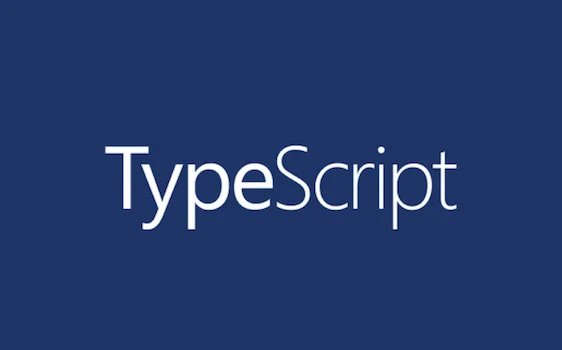TypeScript 5.9 Beta launched on July 8, 2025—here’s a breakdown of the key enhancements that streamline setup, improve developer experience, and boost performance.
🛠️ 1. Minimal & Opinionated tsconfig
The updated tsc --init now generates a leaner tsconfig.json by default. It includes essential and modern defaults:
{
"compilerOptions": {
"module": "nodenext",
"target": "esnext",
"types": [],
"sourceMap": true,
"declaration": true,
"declarationMap": true,
"noUncheckedIndexedAccess": true,
"exactOptionalPropertyTypes": true,
"strict": true,
"jsx": "react-jsx",
"verbatimModuleSyntax": true,
"isolatedModules": true,
"skipLibCheck": true,
"moduleDetection": "force",
"noUncheckedSideEffectImports": true
}
}This new baseline reflects common practices for library authors, Node.js projects, and modern frontend tools. It reduces noise while enforcing important safety checks like strict mode and optional property accuracy. It also favors ECMAScript module standards and supports the latest JSX transformation.
🔗 2. `import defer` for Lazy Module Execution
One of the most exciting new experimental features in TS 5.9 is import defer, which allows deferred execution of modules until they’re actually used.
import defer * as feature from "./heavy-module.js";
// Nothing is executed yet...
console.log(feature.someValue); // Now it runs
This can drastically reduce startup costs, especially in large apps or when importing expensive utility modules. Unlike dynamic import(), import defer keeps the syntax familiar and fully static—perfect for performance-focused environments like serverless functions or CLI tools.
Note: This is only supported in environments that support import.defer natively (currently experimental).
⚙️ 3. Stable `–module node20`
TS 5.9 adds official support for the `–module node20` flag, which aligns with Node.js v20’s module resolution behavior. This simplifies setup for developers targeting Node projects without relying on experimental modes like nodenext.
It also sets the default target to es2023, allowing developers to use modern JavaScript features with confidence that they’ll be natively supported in Node 20+ environments.
🎯 4. Better Editor Experience
TypeScript 5.9 introduces several enhancements aimed at developer ergonomics, particularly for those using VS Code or TypeScript-compatible editors:
- DOM summaries: Many global web APIs now include brief inline descriptions, powered by MDN metadata. This improves discoverability without needing external documentation.
- Expandable hovers (preview): Hover popups now allow you to expand complex types to see deeper details inline—no more jumping to definitions just to understand nested structures.
- Configurable hover length: If you find hover hints too verbose (or too short), you can now customize how much detail is shown in your editor.
⚡ 5. Performance Optimizations
Several behind-the-scenes improvements help large codebases compile faster and use less memory:
- Mapper caching: Type instantiations are now cached more aggressively, especially in complex generic-heavy code (e.g., Zod schemas, tRPC routers).
- Reduced memory usage: Optimized compiler memory management makes TypeScript more responsive in large projects.
🧪 Real-World Benefits
If you’re building libraries, SaaS platforms, or enterprise-scale React apps, these updates provide tangible benefits:
- Faster cold starts: Use
import deferto optimize first-load performance in microservices. - Smaller configs: Cleaner
tsconfig.jsonfiles reduce team onboarding time. - Improved dev UX: Better editor tooltips and MDN integration help new developers write better code faster.
🚀 Try It Now
To try TypeScript 5.9 Beta today, simply install it via npm:
npm install -D typescript@betaYou can also configure your project’s package.json to use the beta in development only, while keeping stable releases in production.
📅 What’s Next?
- TS 7 (Rust rewrite): The long-term native TypeScript compiler (written in Rust) continues development alongside current releases.
- Conditional return types: Enhanced inference support for async/await chains and conditional logic is expected in future versions.
- Stable release: TS 5.9 stable is expected in late July 2025, pending feedback.
🎓 How to Prepare
Before upgrading to TypeScript 5.9, consider the following tips:
- Update your editor extensions to the latest version.
- Audit your
tsconfig.jsonand remove deprecated or redundant options. - Test
import deferonly in supported environments (or behind feature flags).
Web Expert Solution helps developers stay ahead of trends in JavaScript, TypeScript, and modern web tooling. Subscribe for technical updates, migration guides, and hands-on coding tutorials written for real-world projects.
